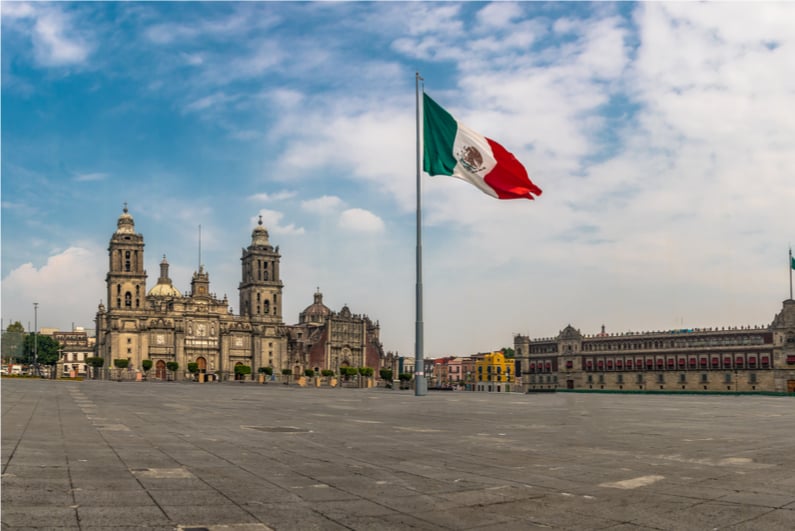Mexico is reviewing its gambling laws with the aim regulating the online gambling sector to bring it in line with the rest of the nation’s gambling industry.
Mexican gambling sector
With the economy in the country steadily improving, more people have disposable income that they can spend on the likes of gambling. Currently, Mexico has the second biggest gambling sector in Latin America, with revenues from gambling surpassing the $10bn (£7.6bn) mark each year, with only Argentina ahead of them in the rankings.
While gambling has often been illegal in the country, and for many years there were no licensed casinos, it hasn’t stopped anyone from doing it. Scratch cards, cockfighting, and horse racing are all popular past times.
Advances were made in 2004 when a law from 1947 was altered – a move that allowed people to gamble in places outside of the facilities of the Secretariat of the Interior and led to an influx of investment from both domestics and international investors.
Soon, new casinos were all licensed and properly contributing to the tax system. Although the government still closely controls these new establishments, the casinos and slots halls are often operated by private companies, with some of them rivaling those in Las Vegas.
Changes abound in Mexico
One of the final pieces of the puzzle needed to bring the gambling sector in Mexico up to the speed with developed countries is their online gambling sector. Currently, online gambling in the country is not regulated.
People can use online casinos but, because there’s no regulation, it can be a risky business betting money with no guarantee that you’ll ever see your winnings.
There have been many calls to change the situation, and now it looks as if change may be on its way in the not too distant future. Currently, the county’s 1947 Federal Gaming Law Bill is under review with the aim of drafting regulations that would bring the online gambling sector in line with the nations other gambling organizations.
If this happens, it will be a big deal for investors and participants alike. Online gambling sites will be trusted and companies will be able to focus on long-term growth rather than worrying about what the future might hold.
Potential benefits of regulation
There are endless benefits to users of these online gambling sites if approval is given for the sector to be regulated. With so many participants in this space, the competition will be fierce to try and gain market share. This means that new players will be enticed with lucrative offers and bonuses. In the past, with the unregulated sector, a lot of these sites promising great rewards upon sign up could not really be trusted due to the lack of regulation.
Gamblers would tend to stick with a tried and tested party, rather than taking the chance elsewhere, even if the odds were a lot better on other sites. Regulation will inevitably lead to growth in the revenues of the leading regulated online gambling platforms, allowing them to pump more money into their offerings and the business as a whole.
This will enhance the experience for players, too. If changes are approved, these companies need to invest or else they risk being outshone by other market participants, especially those who will be entering the market from abroad. To date, the lack of regulation has meant a lot of established global online gambling companies have avoided Mexico, but this will not be the case once the regulation comes into effect.
It will also be in the interest of the Mexican government to introduce regulations, as they will be able to properly benefit from the taxes derived from online gambling. With the tradition of gambling in Mexico, this could be a massively lucrative market for all involved, and in the not too distant future, the online gambling sector could see its revenues bypass the $10bn (£7.6bn) annual revenues of the current gambling sector in the country.



